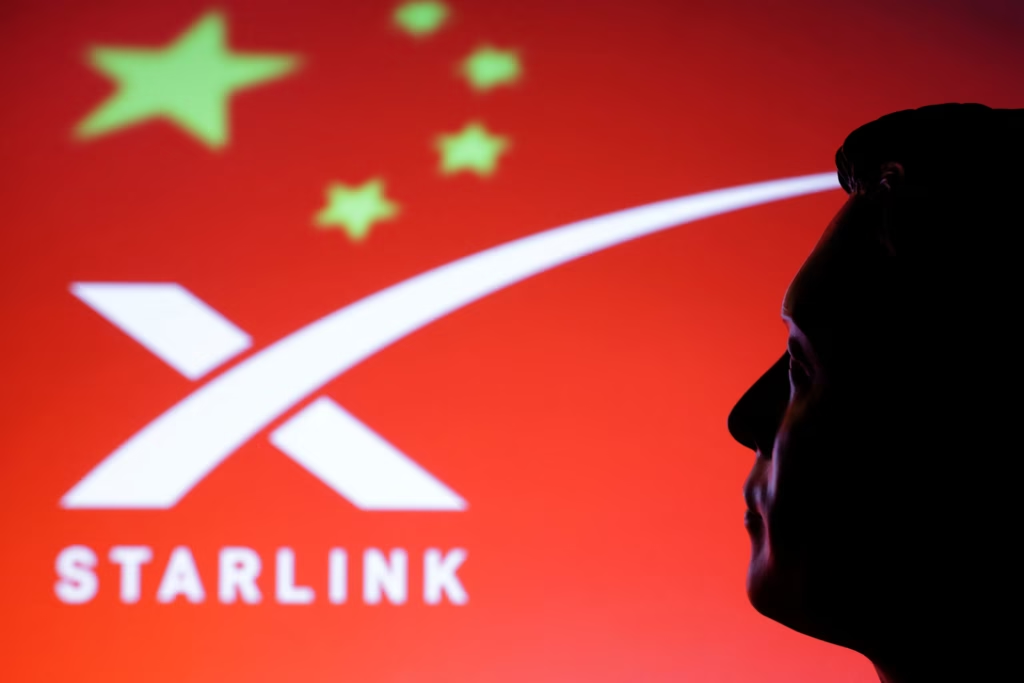The Growing Satellite Internet Battle
Elon Musk’s Starlink has long been the leading force in high-speed satellite internet, but its reign is now being challenged by global competitors, including China-backed SpaceSail and Amazon’s Project Kuiper. As competition heats up, governments and corporations are racing to claim their share of the low-Earth orbit (LEO) broadband market.
China’s SpaceSail Expands Its Global Reach
Massive Expansion Plans
China’s SpaceSail has rapidly expanded its presence in the global satellite internet market. The Shanghai-based company has already signed agreements to operate in Brazil, Kazakhstan, and over 30 other countries. The company aims to launch 648 LEO satellites this year, with a long-term goal of deploying 15,000 satellites by 2030—a direct challenge to Starlink’s projected 42,000 satellites by the decade’s end.
Government Support and Strategic Goals
The Chinese government has backed SpaceSail’s expansion, with Beijing planning to launch 43,000 LEO satellites in the coming years. The company’s Qianfan constellation, part of China’s Belt and Road Initiative (BRI), aims to provide high-speed internet to remote communities and strategic locations worldwide.
Amazon’s Project Kuiper Joins the Race
Amazon’s Project Kuiper, spearheaded by Jeff Bezos, is also emerging as a major competitor. The Brazilian government has confirmed talks with Project Kuiper and Canada’s Telesat, signaling that more players are vying for a share of the satellite broadband market.
Amazon has already secured FCC approval to launch over 3,236 satellites, with initial deployments expected by 2025. The project’s goal is to provide affordable internet access to underserved regions worldwide, creating further competition for Starlink’s services.
Starlink’s Military and Commercial Significance
Strategic Military Importance
Starlink’s satellite network has become a critical asset in military operations, particularly in Ukraine’s defense against Russia. This has raised concerns among Chinese defense researchers, who see Starlink as a threat to national security.
Chinese Countermeasures
China has been heavily investing in research to track and monitor Starlink satellites. The People’s Liberation Army (PLA) is developing tracking algorithms inspired by nature, such as how humpback whales encircle their prey. Additionally, China filed 2,449 patents on LEO satellite technology in 2023 alone—highlighting its aggressive push to compete with Starlink.
Read about Starlink’s role in military communications: Defense News
The Race for Orbital Supremacy
Experts believe the space race is entering a “Wild West” phase, where countries and corporations are rapidly launching satellites before international regulations tighten.
“The endgame is to occupy as many orbital slots as possible,” says Chaitanya Giri, a space technology expert at India’s Observer Research Foundation.
Western policymakers are increasingly concerned about China’s growing digital influence and potential internet censorship through its satellite networks. A recent American Foreign Policy Council study suggests that the U.S. should expand cooperation with the Global South to counter China’s digital dominance.
Read the full study: American Foreign Policy Council
What’s Next for Global Satellite Internet?
As the satellite broadband industry evolves, competition will drive technological advancements, better connectivity, and lower costs for consumers. However, geopolitical tensions and regulatory challenges could shape the future landscape.
Key Takeaways:
- China’s SpaceSail is rapidly expanding into global markets, with government backing and a goal of 15,000 satellites by 2030.
- Amazon’s Project Kuiper is positioning itself as a strong competitor with 3,236 planned satellites.
- Starlink remains dominant, but Chinese military tracking and research efforts signal increasing challenges.
- Governments worldwide are racing to regulate and secure space-based internet services.
Want to stay ahead of the latest developments in space technology and satellite communications? Subscribe to our newsletter for in-depth analysis and breaking news!
🔗 Subscribe Now! Click Here



